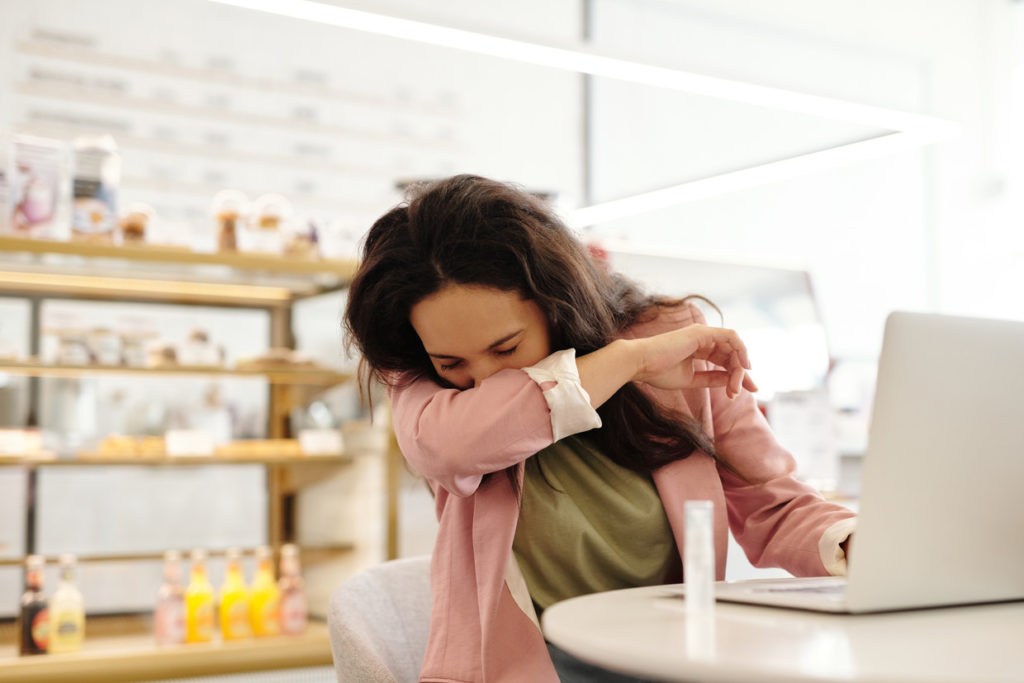As a small number of people are still getting infected with the coronavirus even after being vaccinated, the symptoms they report differ from those for non-vaccinated people.
While a number of new symptoms appeared when the Delta variant started circulating more strongly, it now seems that there is also a difference between people who have been vaccinated and those who have not.
For people who have not been vaccinated, the five most common complaints about the Delta variant, which has become the dominant strain in many countries including Belgium, are:
- headache,
- sore throat,
- runny nose,
- fever,
- a persistent cough.
For those who have received only one dose of a coronavirus vaccine, the most frequent symptoms are:
- headache,
- runny nose,
- sore throat,
- sneezing,
- a persistent cough.
Not only has the order changed, but fever (which is one of the most recognisable symptoms) is no longer in the top five, and has been replaced by sneezing.
People who have been fully vaccinated currently report as the most common complaints:
- headaches,
- a runny nose,
- sneezing,
- sore throat,
- loss of smell.
Here too, the order has changed. Additionally, not only fever, but also a persistent cough has disappeared from the list. However, loss of smell - which was also a well-known symptom of the original strain of the virus - reappeared.
The findings come from a large-scale study conducted by the King's College London University in collaboration with health science company ZOE, based on data from more than four million people who use ZOE's COVID Symptom Study app worldwide.
The researchers pointed out that vaccinated patients show fewer (severe) symptoms and get better faster, and that there are virtually no people in hospitals who have been vaccinated.
"However, if you have been vaccinated and suddenly start sneezing a lot for no apparent reason, it is best to have a coronavirus test done," the researchers said.
"Especially if you live or work in the vicinity of vulnerable people. Sneezing is an important way in which the virus spreads," they added. "Always sneeze or cough into the inside of your elbow and wash your hands sufficiently."

